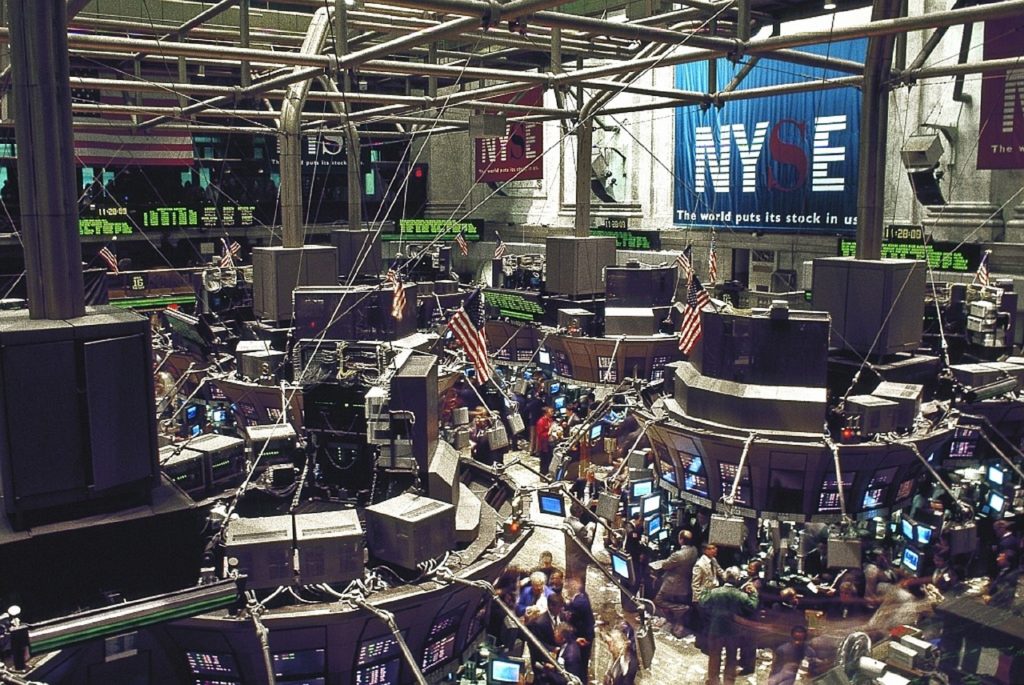Why this recession may not look like the last one
The 2008 downturn saw a scary 50% stock selloff and scores of job losses. But one economist says whatever comes next will be ”massively different.”
Advertisement
The 2008 downturn saw a scary 50% stock selloff and scores of job losses. But one economist says whatever comes next will be ”massively different.”

Affiliate (monetized) links can sometimes result in a payment to MoneySense (owned by Ratehub Inc.), which helps our website stay free to our users. If a link has an asterisk (*) or is labelled as “Featured,” it is an affiliate link. If a link is labelled as “Sponsored,” it is a paid placement, which may or may not have an affiliate link. Our editorial content will never be influenced by these links. We are committed to looking at all available products in the market. Where a product ranks in our article, and whether or not it’s included in the first place, is never driven by compensation. For more details, read our MoneySense Monetization policy.
Share this article Share on Facebook Share on Twitter Share on Linkedin Share on Reddit Share on Email